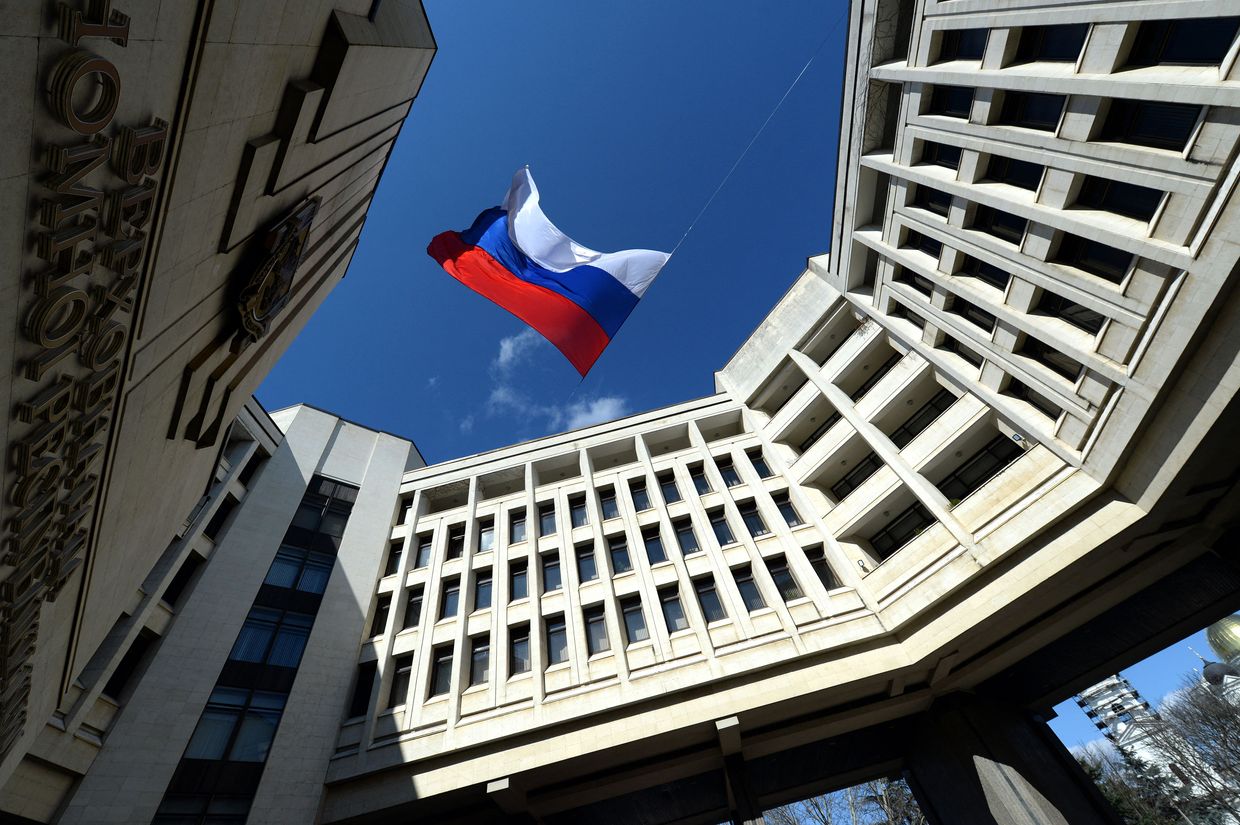Crimean Mom Faces Hefty Fine for Challenging Parenthood Norms: Russia's Controversial Crackdown

In a significant move that reflects the Kremlin's ongoing social policy, Russian President Vladimir Putin has enacted a controversial law targeting what the government calls "childfree propaganda." The legislation, signed in November of the previous year, marks another step in Russia's efforts to address demographic challenges and promote traditional family values.
The new law aims to curb the growing trend of individuals choosing not to have children, which has been viewed by Russian authorities as a potential threat to the country's population growth. By restricting messaging and content that might glorify or normalize the childfree lifestyle, the government seeks to encourage more Russians to start families and increase birth rates.
This legislative action is part of a broader narrative of social engineering that has characterized Putin's long-standing leadership, emphasizing traditional family structures and national demographic sustainability. The law represents a direct intervention in personal choices, signaling the state's active role in shaping societal norms and expectations around family planning.
While supporters argue the law protects traditional family values, critics view it as an intrusive measure that limits personal freedom and individual choice in matters of reproduction and lifestyle.

